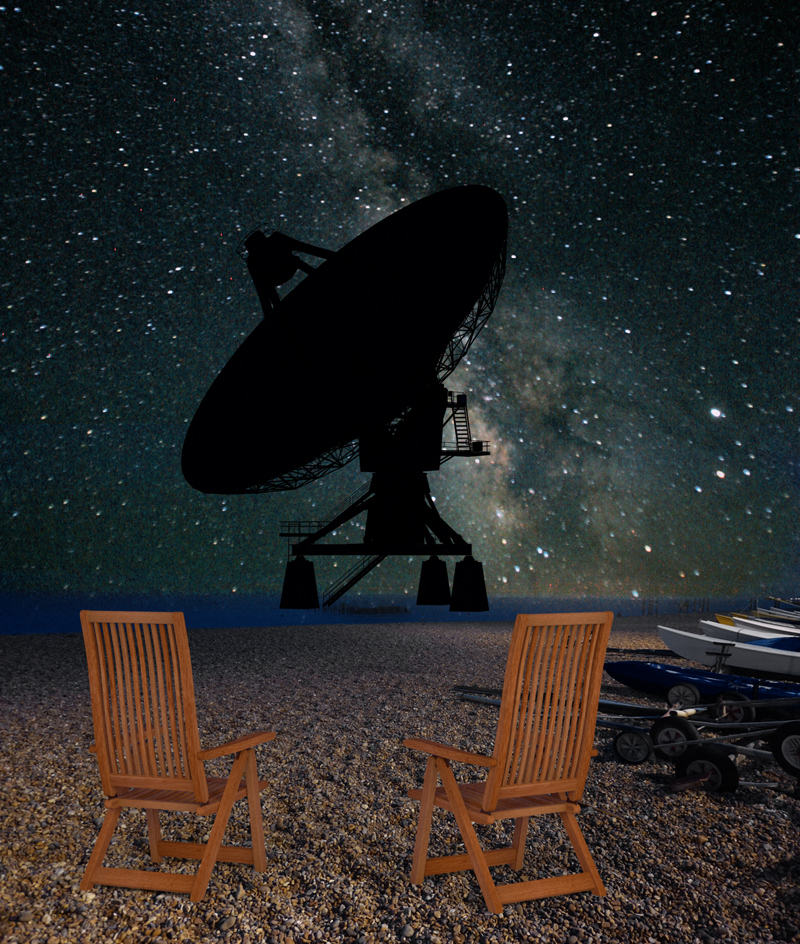
I told myself I must avoid using words such as ‘stellar’, ‘out of this world’ etc. when describing the readers at this zoom event on January 19th and their work. But there are other superlatives I could use for Graham High, NJ Hynes and Oliver Morton – members of the large audience suggested several in their complimentary emails following the readings…
Graham’s first reading was from a series of poems both disturbing and beautiful – about loss of direction, failure to preserve the planet we have and the (doomed?) search for personal and collective meaning and a route to a safe place. They mirrored, as someone pointed out, the plight of migrants on earth, turning dystopia topical.
Graham’s second set included three poems on 18c Astronomers Royal, Edmund Halley, James Bradley and Nathaniel Bliss. A very different mood – witty and irreverent. Unfortunately, neither collection is available in print, the first out of print and the second not yet published.
NJ Hynes’ poetry is word perfect, giving expression to every emotion with wit, irony and tenderness, always finding an unexpected but completely ‘spot-on’ way to describe both personal and collective experiences. So, as always when listening to or reading her poems, we were moved deepy, entertained greatly and impressed immensely! And she left us with questions about how the moon feels about its role, and about us…
Oliver Morton’s latest book The Moon: A History for the Future, which was serialised on R4 in 2019 shortly after its publication, contains not only scientific details and amazion photographs, but also Oliver’s original musings and statements linking science and art and culture in general. The images he chose to share with us were stunning and interesting, from the rather ‘retro’ picture of people waiting for the launch of Apollo 8, to images of the launch itself, to the views from the lunar module (with transcript of some of the conversations among the astronauts), culminating with the undoctored image of Earth Rising, in which the Earth, partly in shade, is reclining off centre and the moon surface is also at an angle. This image, more than the better-known symmetrical composition, showed the immediacy and awe of that sight.
At a time when we are shut indoors for so much of the time, and, when outside, we are often looking down, trying to avoid (as NJ said) discarded masks, or look straight ahead trying to decide whether we or others should step aside and keep out of the way, spending an evening thinking about the magical vast space around and above us, was, at least for me, like therapy!
